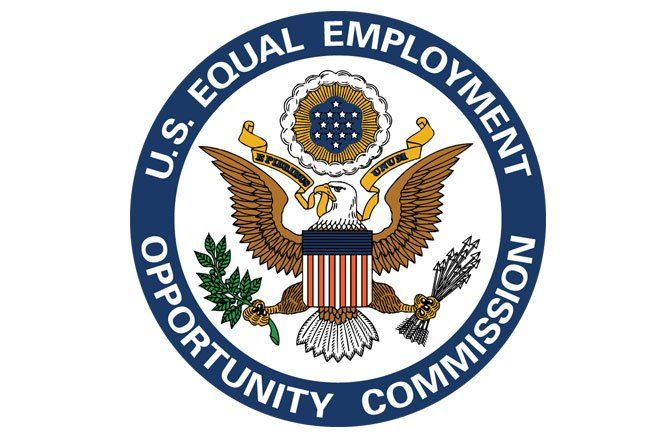EEOC Files Suit Against Local Manufacturer for Sex Discrimination

The U.S. Equal Employment Opportunity Commission (EEOC) has filed a lawsuit against a metallurgical manufacturer. The EEOC alleges that the manufacturer segregated employees based on their sex, and paid its female employees less for performing similar work.
The EEOC’s federal lawsuit alleges that the manufacturer violated the Civil Rights Act of 1964 and the Equal Pay Act, both of which ban discrimination based on sex.
The filing alleges that in communications with staffing agencies, the manufacturer “routinely expressed a preference for male workers — using direct or coded language — to fill its higher-paying manufacturing positions.” This conduct had allegedly been occurring “since at least January of 2017.”
The EEOC is seeking back pay, compensatory damages, liquidated damages, and punitive damages for the affected employees. The commission is also seeking injunctive relief to prevent future sex-based discrimination.
If your business has any questions on this topic or any other matters, please do not hesitate to contact the attorneys at The Royal Law Firm at 413-586-2288.







